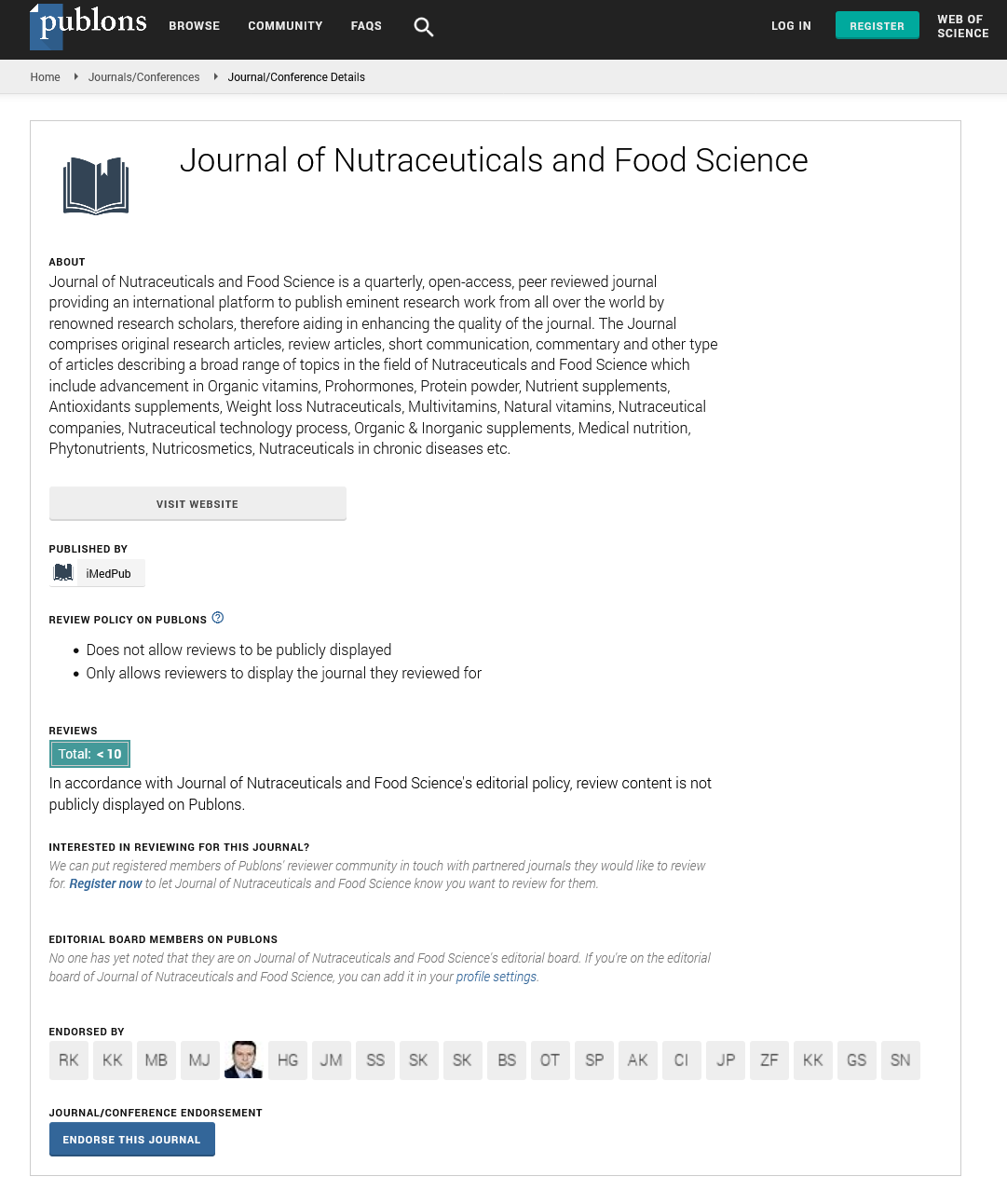Abstract
Migraine and Role of food in curing it
Migraine is a widespread and debilitating condition that affects more than 28 million people in the United States. Despite the availability of a large selection of acute and preventative drugs for the treatment of headaches, most patients will not notice a meaningful reduction in the frequency and intensity of their headaches unless they make lifestyle changes. Sleep hygiene, stress management, regular aerobic activity, and dietary changes are among them. Unfortunately, doctors routinely neglect these lifestyle suggestions. It is impossible to overstate the necessity of eating frequently, as skipping meals can cause headaches. In a population-based study, over 56 percent of people reported missing meals or fasting as migraine triggers, and 40 percent to 57 percent in subspecialty clinic-based investigations. Fasting and missing meals may cause headaches through causing changes in serotonin and norepinephrine in brainstem pathways, as well as the release of stress hormones like cortisol. Hypoglycemia has the ability to cause a headache. In one study, three-quarters of migraine sufferers showed 5-hour glucose tolerance tests that indicated reactive hypoglycemia. Because many dietary trigger components cannot pass an intact blood-brain barrier, most food and beverage triggers likely work peripherally at the level of the dural blood vessel or the peripheral trigeminal nerve to start an attack
Author(s): Stella hughes
Abstract | PDF
Share this

Google scholar citation report
Citations : 393
Journal of Nutraceuticals and Food Science received 393 citations as per google scholar report
Journal of Nutraceuticals and Food Science peer review process verified at publons
Abstracted/Indexed in
- Google Scholar
- Publons
- Secret Search Engine Labs
Open Access Journals
- Aquaculture & Veterinary Science
- Chemistry & Chemical Sciences
- Clinical Sciences
- Engineering
- General Science
- Genetics & Molecular Biology
- Health Care & Nursing
- Immunology & Microbiology
- Materials Science
- Mathematics & Physics
- Medical Sciences
- Neurology & Psychiatry
- Oncology & Cancer Science
- Pharmaceutical Sciences


